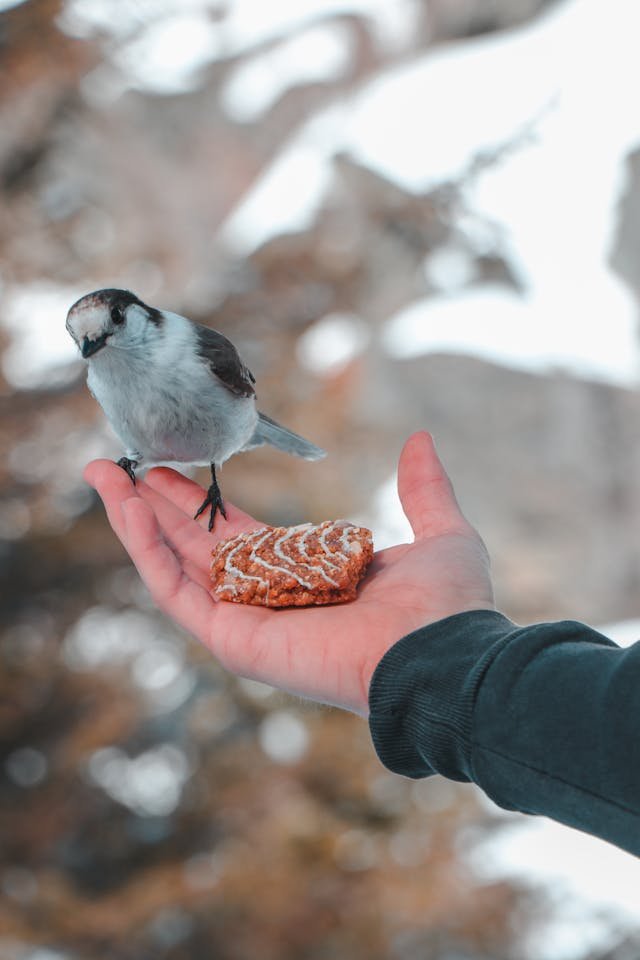Winter’s arrival often means a scarcity of insects, leaving our feathered friends searching for alternative food sources to sustain them through the colder months. Bird enthusiasts can play a vital role in helping birds survive by providing a variety of food options in their backyard feeders. Here are some tips and suggestions for what to offer during these challenging times.
**Seeds and Grains: A Winter Staple**
A wide variety of seeds and grains can become the cornerstone of your winter bird-feeding routine. Sunflower seeds are a favorite among many bird species, including chickadees, finches, and sparrows. Their high oil content provides birds with much-needed energy to combat the winter chill. Offer sunflower seeds in tube feeders or scatter them on tray feeders to attract a diverse crowd.
Millet and milo (sorghum) are also excellent choices. These small seeds are readily accepted by sparrows, juncos, and doves. Mix millet and milo with other seeds to create a nutritious blend that will attract a range of birds.
**Suet: A High-Energy Treat**
Suet, which is made from rendered animal fat, provides birds with essential calories and fat to keep them warm and energized. Woodpeckers, nuthatches, and chickadees are particularly fond of suet, especially during the colder months when insects are hard to find. You can purchase suet cakes or make your own and offer them in specialized suet feeders or mesh bags.
**Peanut Butter: A Versatile Delight**
Peanut butter is a fantastic, protein-rich option that many birds adore. Mix it with cornmeal and suet to create a delicious treat that can be smeared on trees or offered in feeders. Blue jays, titmice, and woodpeckers will eagerly flock to this energy-packed offering.
**Fruit and Berries: A Sweet Attraction**
Fruits and berries can be a great way to attract birds that aren’t interested in seeds. Orioles, thrushes, and waxwings are among the fruit-loving species that will visit your feeder. Offer dried or fresh fruits such as raisins, apples, and berries. You can also provide fruit-bearing plants in your garden, such as holly and hawthorn, which will provide natural food sources.
**Keep Water Available:**
Providing water is just as crucial as offering food during the winter. Birds need water for drinking and bathing, so consider setting up a heated bird bath to prevent freezing.
Winter bird feeding can be incredibly rewarding, allowing you to observe a variety of species up close while also providing them with vital resources. By offering a diverse array of foods, you can support the birds in your area and ensure they survive the harshest months of the year.

